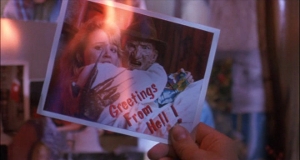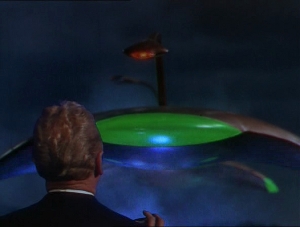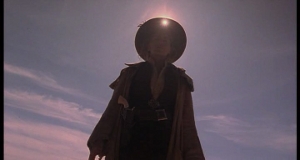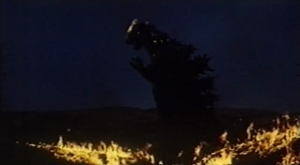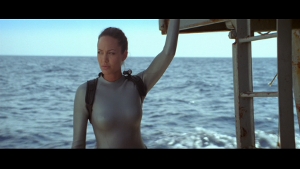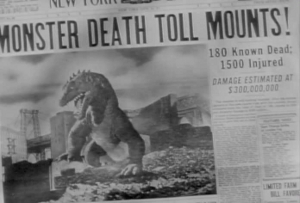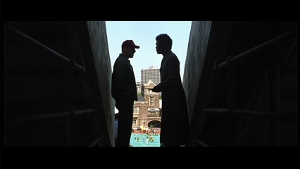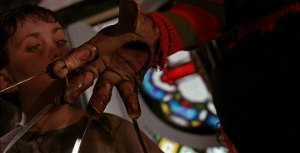
In spite of the 1988 Writer’s Strike, shoddy direction, and Fred Kreuger’s dual role as both an immortal dream monster and a lame stand-up comedian, Nightmare on Elm Street 4 managed to become the most successful film in the franchise…up to that time.
It’s easy to see why. The financial successes of Parts 2 and 3 led to the most interesting phenomenon in the Slasher movie’s short history. Hard as it is for genre fans to pronounce this word without retching, Slasher movies became…ugh…mainstream. It took ten years, but these Old Testament morality plays disguised as exploitative gore fests went from urban, independent theaters to multiplexes across the U.S. and around the world. Both Friday the 13th and Nightmare on Elm Street fielded successful TV series and horror merchandising started to ramp up to levels it hadn’t achieved since the ’50s.
Nowadays we can look back and see the sub-genre’s slow motion death, but 1989 was actually a rare year for the cosmopolitan horror fan who’d yet to turn their nose up at the Slasher movie. That was the year all three of the “name” Slasher franchises pushed out crap sequels. In fact, that summer saw a stupefying succession of sequels, with Indiana Jones and the Last Crusade leading the pack. Star Trek V, Ghostbusters II, Karate Kid Part III, they all followed in an attempt to derail a little Warner Brothers picture everyone had heard about that was supposed to be half-decent, called Batman.
How could Freddy hope to stand against all that? The short answer is: he didn’t. Continue reading A Nightmare on Elm Street 5: The Dream Child (1989)

